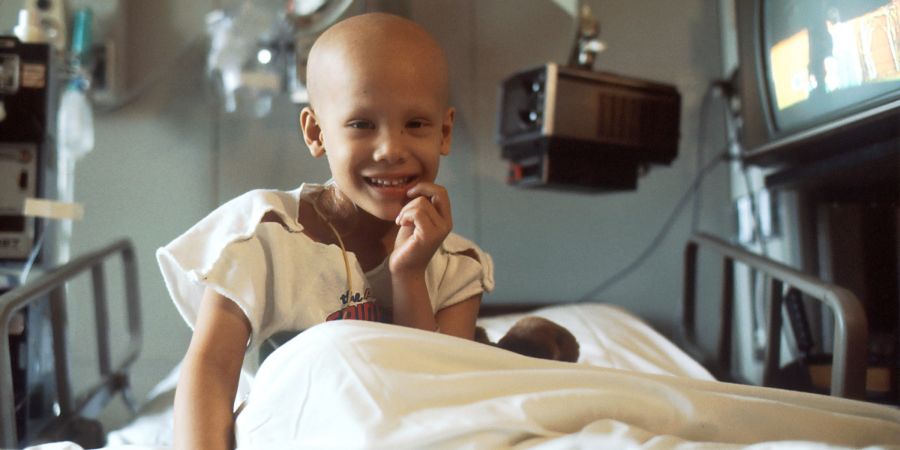

Many people have questions about how cancer can affect you. It is something that many people worry about sometimes.
We know that talking about this can be difficult. You can save to read this information the next time you feel ready. And it's okay if you don't want to read this information at all.
Not all cancers are fatal
First, it is important to know that not all cancers are fatal. In all, half the population (50%) diagnosed in cancer in England and Wales lives for ten years or more. Cancer survival is improving and has doubled in the last 40 years in the UK.
Early cancer rarely breaks down. Great efforts are therefore being made to diagnose early when treatment is most likely to be effective.
What's going on?
How cancer causes death depends on the type of cancer and what parts of your body are affected. Some cancers start inside or spread to the part of the body that does something important to life.
Cancer growing in the digestive system can prevent, or partially, prevent. So food cannot get into the gut and the nutrients and calories you need are not recommended.
You can have surgery to remove the blockage. But if this does not happen, your medical team will do everything in your power to control your symptoms.
If you can't eat or drink, you may not be able to deal with other problems, such as infection.
Lungs
Cancer can block part of the lungs. This part then falls off and can become infected.
When cancer blocks the lungs, you may not have enough lung tissue to allow you to absorb the oxygen you need.
If you have advanced cancer, you may not be able to fight lung diseases, even if you have strong antibiotics. So the infection can eventually lead to death.
Bones
Cancer can cause calcium to pass into the bloodstream. This can affect the body’s balance balance. Usually the body has plans to fix this, but when the imbalance becomes too great the systems no longer work.
There are treatments that restore calcium levels back to normal, but this only works for a limited time. Then calcium levels can continue to rise in the blood. High levels of calcium in the body can cause you to faint and eventually die.
Cancer cells can affect the context of the ****. A **** **** when a sponge object fills the bones. It produces the first stem cells called stem cells and then grows into new blood cells. Finally, you may not have the **** context to create new:
Liver is the body's chemical industry. It performs many functions and is very important in maintaining the balance of body chemicals. Liver cancer can affect this chemical balance.
It can be life threatening if this chemical balance is not changed.
Blood vessels
Cancer can grow into and damage blood vessels to an important part of the body. This can cause bleeding. For example, bleeding in the brain is ******, which can be fatal if the body cannot control it.
Treatment
Many treatments can control cancer for a long time, even if you cannot cure it. But if the cancer continues to grow, it can be very serious.
Discover different ways to treat cancer
We are talking about death
Talking about death can be very difficult, and people often avoid this. Sharing your feelings can help everyone involved cope better with this.
Death is something that most people worry about at one time or another. Talking about how cancer affects your body can help reduce at least some of those problems.
What happens in the last days of life is different for everyone. Most people are relieved to know that they, or a relative, may be unconscious just before they die.




